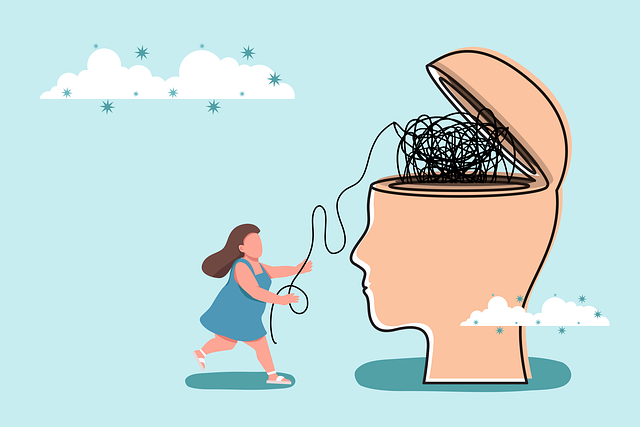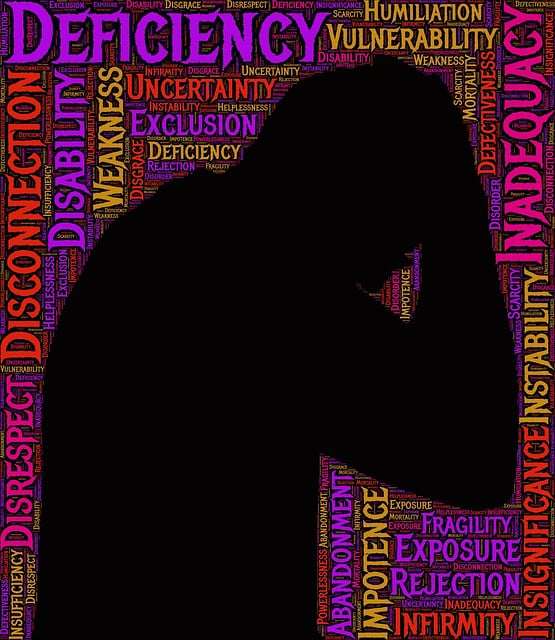For adolescents, self-care is vital for managing developmental challenges. Westminster Adolescent and Teen Therapy advocates for exercise, balanced nutrition, sleep, and relaxation. Mindfulness meditation and trauma support services are game-changers, teaching stress management and emotional regulation. Identifying personal needs through journaling helps set realistic goals and manage stress. Public awareness campaigns promote healthy habits. Mindfulness and stress reduction techniques improve decision-making, focus, and resilience. Physical activity and mindful nutrition contribute to holistic well-being. Strong social connections and healthy boundaries, emphasized by Westminster Adolescent and Teen Therapy, foster positive coping strategies and emotional growth.
“Unwind, rejuvenate, and discover the power of self-care for adolescents and teens with Westminster Adolescent and Teen Therapy. This comprehensive guide explores vital aspects of well-being, offering a transformative journey towards self-improvement. From recognizing personal needs to integrating mindfulness and healthy lifestyle choices, we delve into effective strategies. Learn how physical activity, balanced nutrition, and fostering social connections contribute to overall health. Additionally, discover the art of setting boundaries for a nurturing and fulfilling life.”
- Understanding the Importance of Self-Care for Adolescents and Teens
- Identifying Personal Needs and Prioritizing Self-Care Routines
- Incorporating Mindfulness and Stress Management Techniques
- The Role of Physical Activity and Nutrition in Self-Care
- Building Social Connections and Setting Healthy Boundaries
Understanding the Importance of Self-Care for Adolescents and Teens

For adolescents and teens, prioritizing self-care is not a luxury but a necessity. This developmental stage is characterized by rapid physical, emotional, and cognitive changes, making it crucial to develop healthy coping mechanisms and stress management strategies early on. Self-care practices such as regular exercise, balanced nutrition, adequate sleep, and engaging in activities that bring joy and relaxation are foundational to overall well-being. Westminster Adolescent and Teen Therapy recognizes the significance of these habits not just for immediate mental health awareness but also for long-term resilience against potential challenges like anxiety, depression, and other common issues affecting youth today.
Incorporating mindfulness meditation into daily routines can be a game-changer in this context. It teaches teens how to navigate their emotions, reduce stress levels, and enhance their ability to focus. Trauma support services also play a vital role in promoting self-care among adolescents who may have experienced challenging circumstances. By addressing past traumas, these services enable young individuals to cultivate healthy relationships with themselves and others, fostering an environment conducive to personal growth and improved mental health outcomes.
Identifying Personal Needs and Prioritizing Self-Care Routines

Identifying what truly matters to us is a fundamental step in enhancing self-care practices. It’s about taking time to understand our unique needs and desires, which can often be overshadowed by daily routines and societal expectations. At Westminster Adolescent and Teen Therapy, we emphasize the value of recognizing personal triggers, emotional cues, and physical signals that indicate when we need a break or some nurturing. This self-awareness is key to prioritizing self-care routines that truly benefit our mental wellness.
By keeping a Mental Wellness Journal, teens can track their moods, activities, and thoughts, providing valuable insight into patterns that impact their overall well-being. This practice allows individuals to set realistic goals and develop effective strategies for managing stress and improving mood. Public Awareness Campaigns focused on promoting healthy habits can further guide young people in adopting sustainable self-care routines, fostering a sense of balance and resilience.
Incorporating Mindfulness and Stress Management Techniques

Incorporating mindfulness and stress management techniques is a powerful tool for anyone looking to enhance their self-care practices and overall mental wellness. Westminster Adolescent and Teen Therapy emphasizes the importance of these practices in preventing burnout, especially among young individuals navigating the challenges of adolescence. Mindfulness involves being fully present in the moment, observing thoughts and feelings without judgment, which can significantly reduce stress levels and improve emotional regulation.
Through regular practice, mindfulness helps individuals cultivate a deeper sense of self-awareness and connection with their inner thoughts and emotions. This, in turn, fosters better decision-making and enhances one’s ability to handle difficult situations. Additionally, stress management techniques such as deep breathing exercises, meditation, and progressive muscle relaxation offer practical tools to combat the physiological effects of stress. By integrating these practices into daily routines, teens can boost their confidence, improve focus, and develop a stronger sense of resilience in managing life’s demands.
The Role of Physical Activity and Nutrition in Self-Care

Incorporating regular physical activity and mindful nutrition practices is a powerful aspect of self-care that can significantly contribute to overall well-being. The Westminster Adolescent and Teen Therapy program understands this crucial link between physical health and mental resilience. Engaging in activities like sports, yoga, or even brisk walks can reduce stress, improve mood, and enhance cognitive function. This not only benefits adolescents’ academic performance but also fosters a positive self-image and better coping mechanisms for life’s challenges.
Nutrition plays a vital role in supporting mental health efforts through the provision of essential nutrients that fuel both body and mind. A balanced diet rich in omega-3 fatty acids, vitamins B and D, and antioxidants can improve brain function and promote emotional stability. The Mental Health Policy Analysis and Advocacy group emphasizes how these simple yet effective lifestyle changes can be powerful tools for prevention and early intervention, potentially reducing the risk of developing mental health issues. By prioritizing physical activity and nutritious meals, individuals can take charge of their well-being and contribute to a more resilient and healthy community, as advocated by professionals in the field.
Building Social Connections and Setting Healthy Boundaries

Building strong social connections is a vital aspect of self-care and well-being, especially for adolescents and teens navigating challenging life stages. Westminster Adolescent and Teen Therapy emphasizes the power of healthy relationships in fostering resilience and emotional growth. Encouraging young individuals to cultivate meaningful friendships, family bonds, or even joining community groups can provide support networks that promote positive coping strategies. These connections offer a safe space to express emotions, share experiences, and receive encouragement, all of which contribute to enhanced emotional well-being.
Setting healthy boundaries is another critical component of self-care practices. Public awareness campaigns development around boundary setting can empower teens to recognize and assert their personal limits. Learning to say no, understanding the importance of ‘me time’, and prioritizing self-care activities are stress reduction methods that, when combined with strong social connections, can significantly improve overall mental health. Emotional well-being promotion techniques focusing on boundaries teach individuals how to respect their own needs while considering the needs of others, fostering a sense of balance and harmony in their lives.
Self-care is a transformative journey, especially for adolescents and teens navigating the complexities of growing up. By understanding their unique needs, prioritizing routines, and adopting practices like mindfulness and physical well-being, young individuals can foster resilience and overall happiness. Westminster Adolescent and Teen Therapy encourages teens to build a supportive network and set healthy boundaries, ensuring they thrive in all aspects of life. Embracing these strategies empowers teens to take charge of their mental health and embrace a brighter future.














